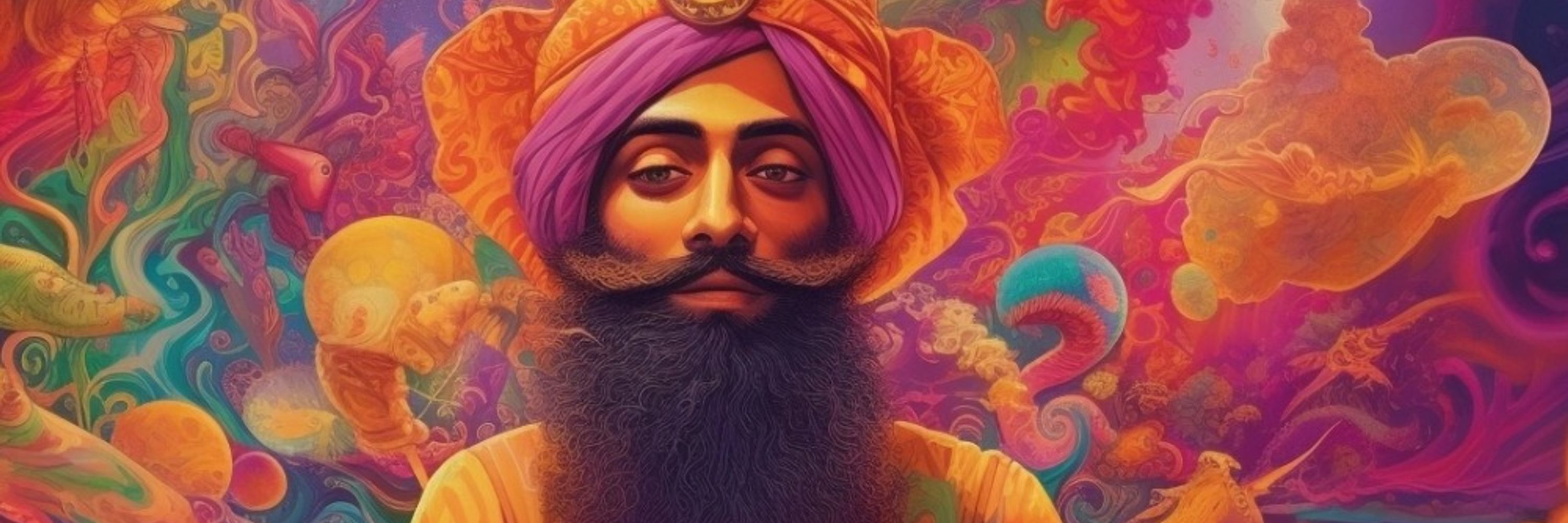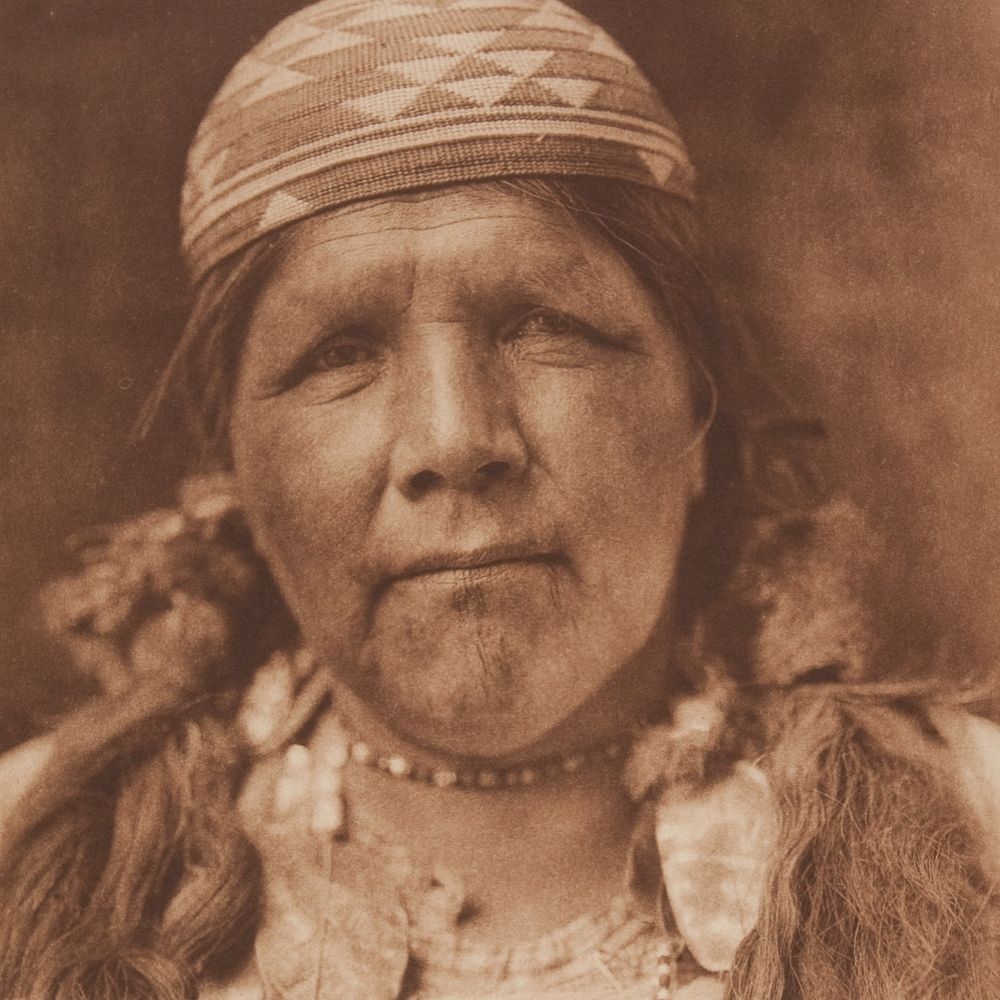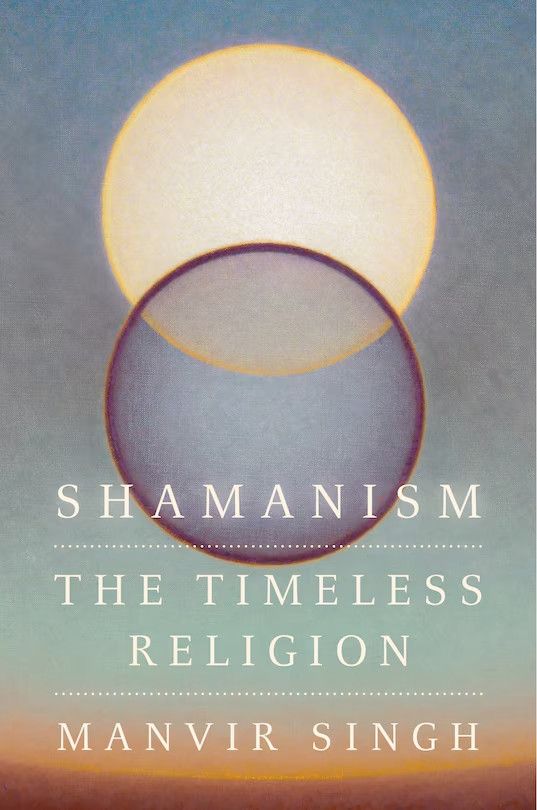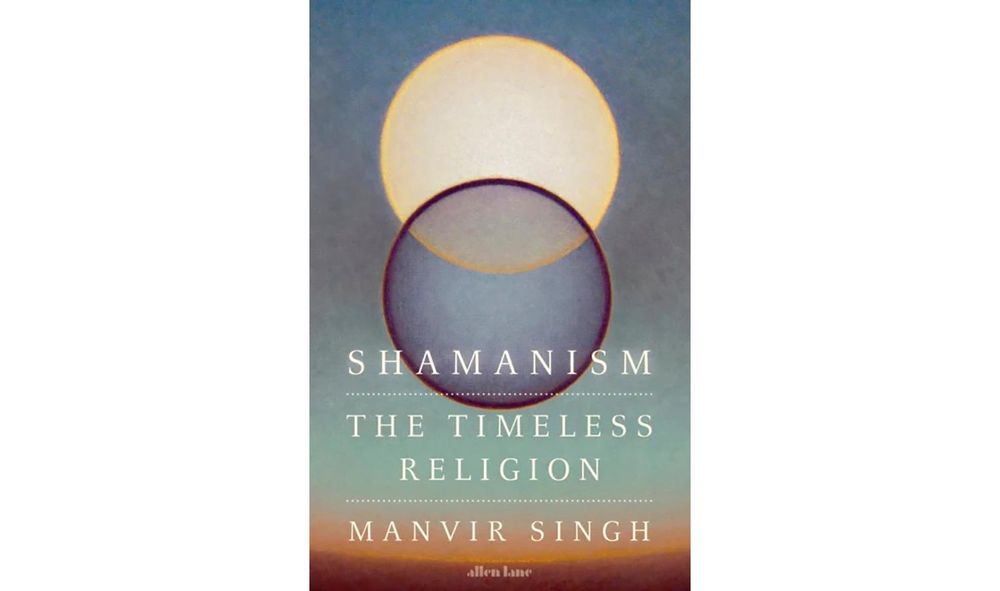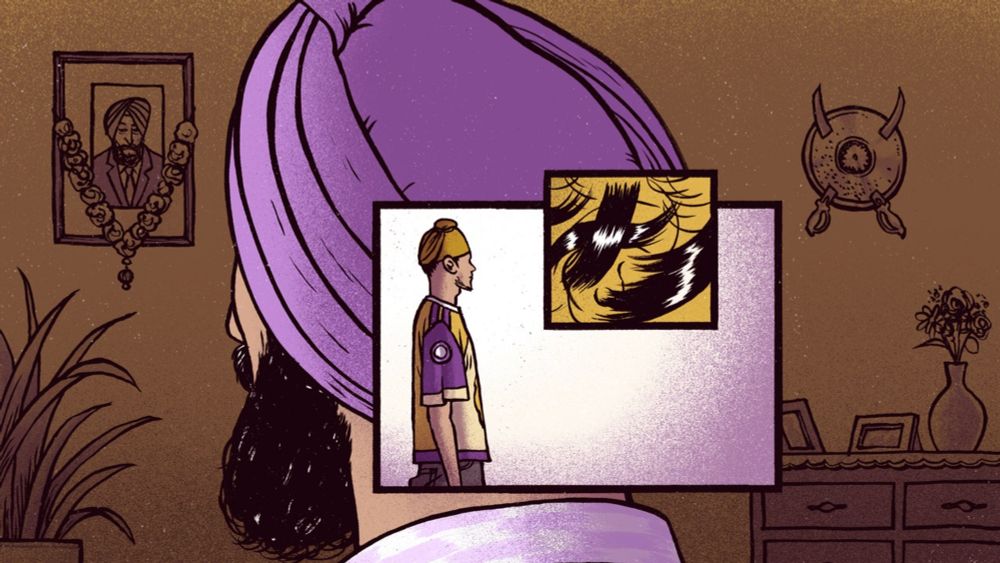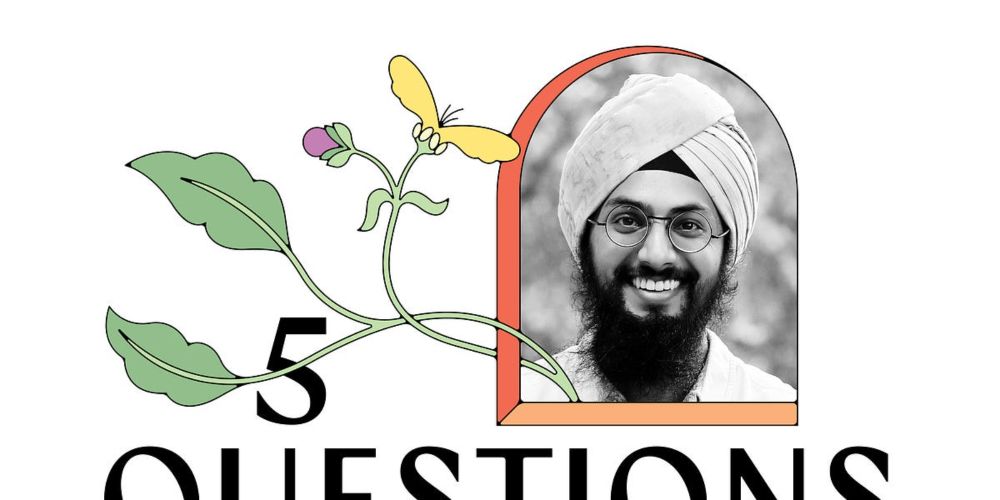manvir singh
@manvir.bsky.social
2.6K followers
150 following
110 posts
anthropologist at uc davis.
contributing writer at the new yorker.
author of SHAMANISM: THE TIMELESS RELIGION (knopf + allen lane).
Posts
Media
Videos
Starter Packs
Pinned
Reposted by manvir singh
manvir singh
@manvir.bsky.social
· Aug 25
manvir singh
@manvir.bsky.social
· Aug 12
Reposted by manvir singh
manvir singh
@manvir.bsky.social
· Aug 3
Reposted by manvir singh
Reposted by manvir singh
Reposted by manvir singh
Reposted by manvir singh
New Scientist
@newscientist.com
· Jul 16
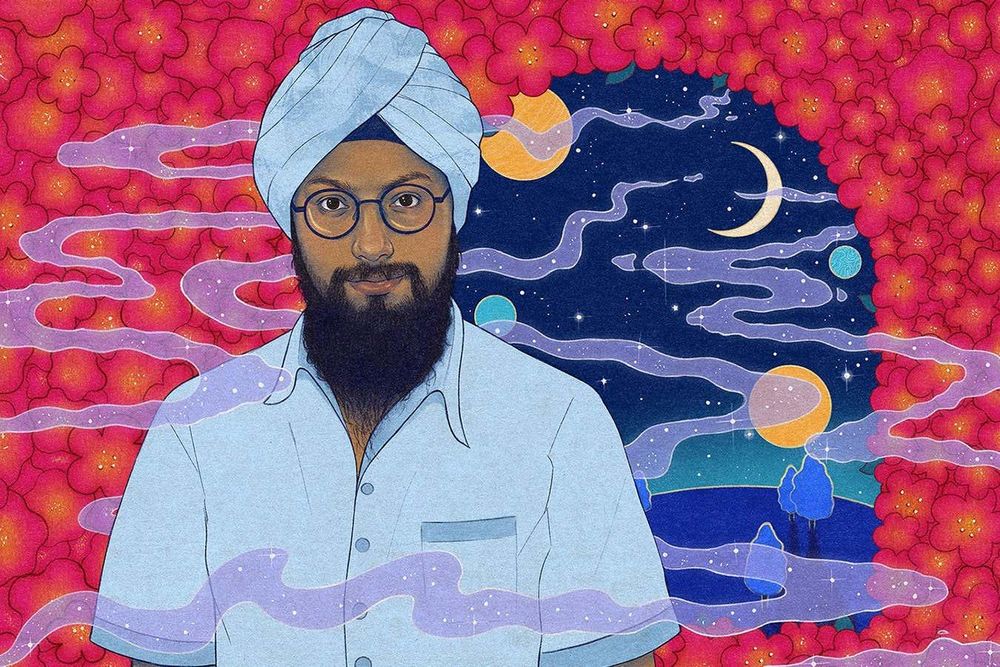
The anthropologist who says shamanism works, even if you don’t believe
Shamanism is on the rise, both in practice and in popular culture. Manvir Singh has spent years exploring why it is so enduring, what we can learn from it and the surprising forms modern shamans take
www.newscientist.com
manvir singh
@manvir.bsky.social
· Jun 27
